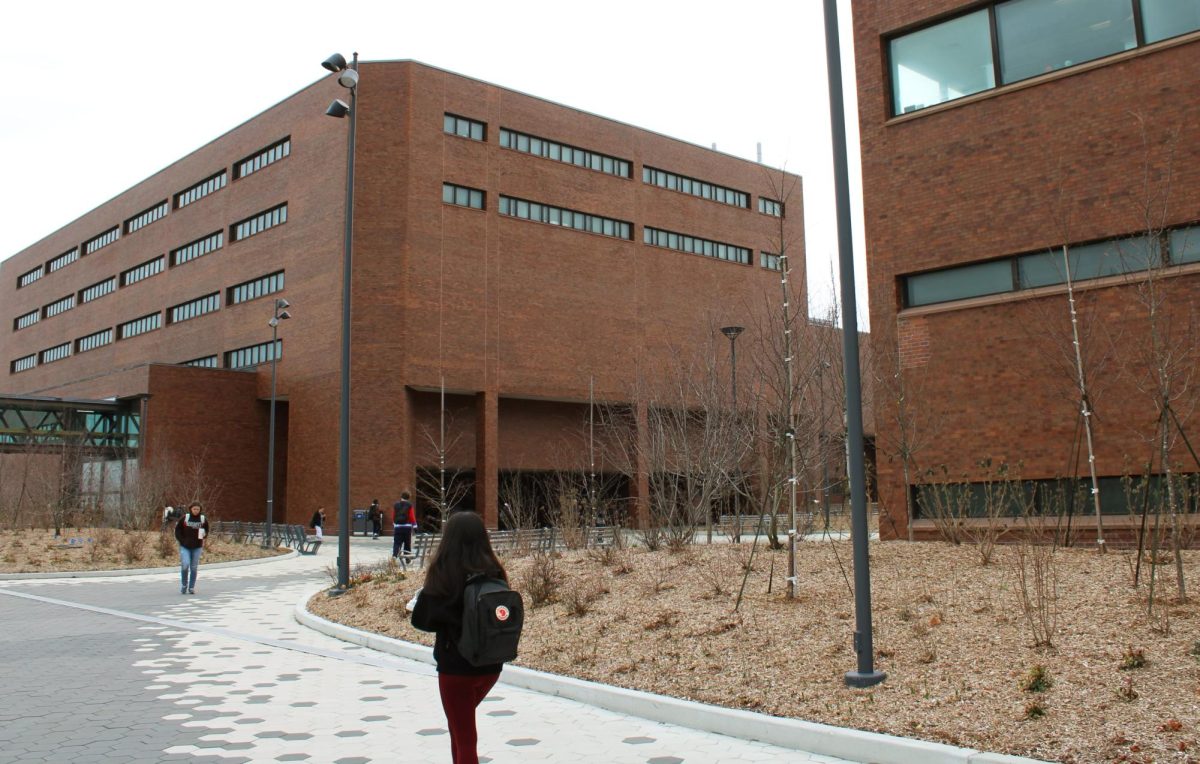The Wall Street Journal recently came out with its rankings for the Top 500 Best Colleges in the United States for 2025, where UMass Boston ranked 20th for colleges in Massachusetts and 331st overall.
This is a bit lower than last year, where UMass Boston placed 16th in Massachusetts and 242nd overall.
The school was evaluated in three main categories: student development, worth 70%; learning environment, worth 20%; and diversity, worth 10%. These categories were then split into smaller categories to break down the evaluations further. Most categories were scored on a 100-point scale.
For student development, UMass Boston was scored in three categories. The university scored well in the “Years to Pay Off Net Price” category, estimated at just over two years, but the other two categories, “Salary Impact” and “Graduate Rate Impact,” weren’t as extraordinary. UMass Boston scored a 59 on Salary Impact and a 10 on Graduate Rate Impact.
The learning environment subcategories all scored in a similar 60-75 range: “Learning Opportunities” was awarded with a 63, “Preparation for Career” with a 66, “Learning Facilities” with a 68 and “Character Development” with a 74, with an overall “Recommendation Score” of 71.
Diversity was where UMass Boston scored the highest, with a score of 85. With all of this factored in, the Wall Street Journal ended with an overall score of 55.7 for UMass Boston.
Economics major Victor Zhou said he felt the school should be ranked higher, valuing the importance of UMass Boston’s learning environment and diversity more than the Wall Street Journal did. He specifically took a socio-economic approach to class when considering diversity.
“I think that the school gives people a learning environment where they can feel both engaged and included,” he said. “The diversity focus also shows that social mobility for low-income students is supported.”
Another student, Anthony Nguyen, also said rankings should value diversity more. “We are one of the most diverse schools there is — you can take a walk around and see it clearly,” he said.
Biology major Kendrick Kheav emphasized the school’s opportunities for academic and personal development. Kheav cited the course catalog as a way UMass Boston displays these qualities.
“I truly feel UMass Boston offers a wide range of courses and programs that allow you to really explore your interests and curiosities,” he said.
He added, “UMass Boston is also an extremely diverse school with people from all sorts of different backgrounds and cultures…people come together respectfully and learn from one another, which really helps — in conjunction with the learning opportunities — to develop character.”
Psychology major Kyle Chear praised UMass Boston’s diversity, referring to the different groups outside of ethnicity.
“The diversity doesn’t just include ethnic background either but includes sexual orientation, national origin, gender, language spoken,” he said.
Chear said UMass Boston should have scored better as a minority-serving institution. “Our strong ethnic studies programs should be taken into account with this rating as well,” he said.
Chear agreed with the list’s assessment of the learning facilities. He said, “I’d say that UMass Boston has three state-of-the-art buildings and then the rest are a bit dated and problematic. The internet is very spotty in certain areas. The library could use some updating and is confusing to navigate.”




